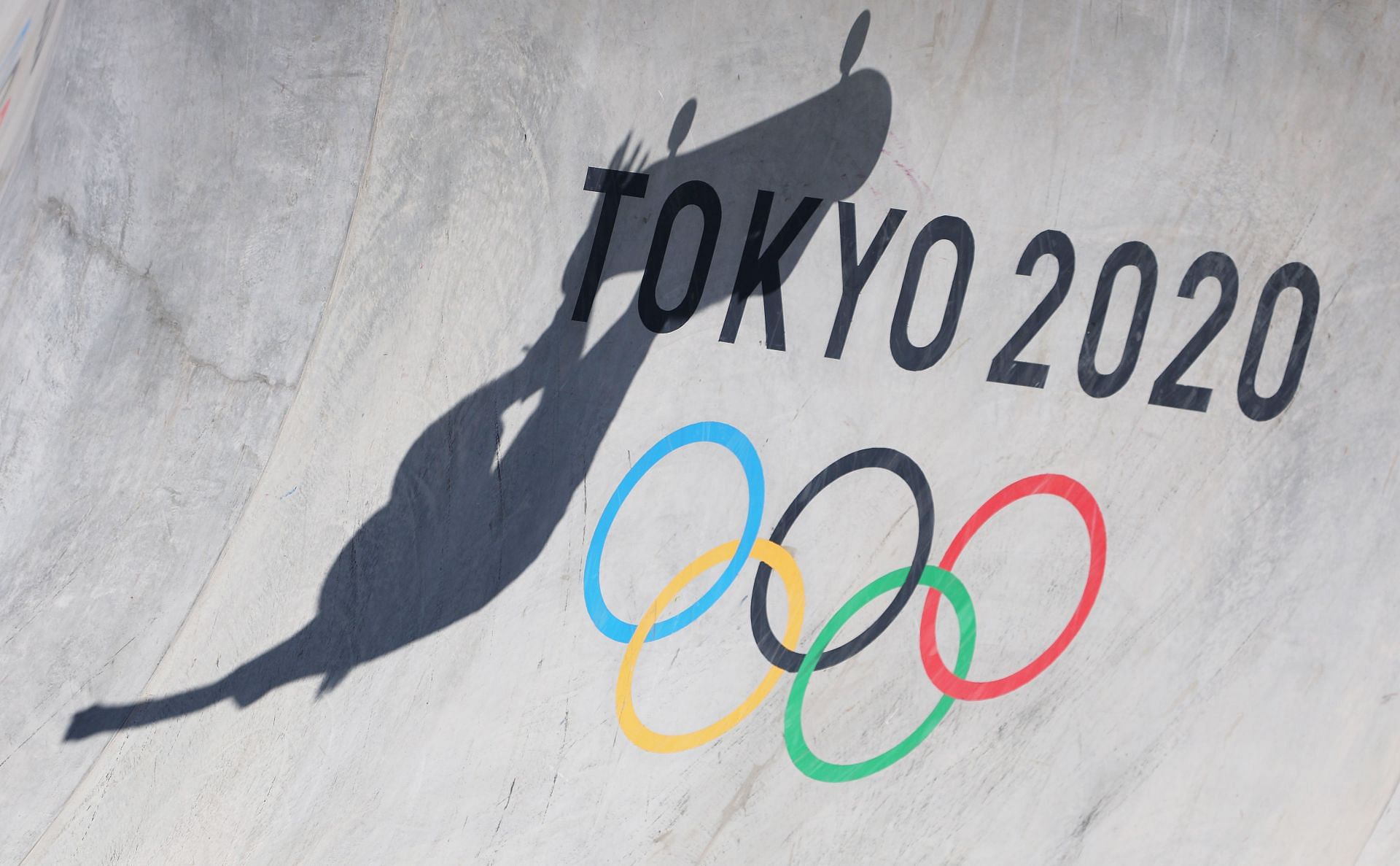
Tokyo Olympics cost $13 billion, 20% more than the organizer’s sum
The 2020 Tokyo Olympics is the most expensive edition of the summer Olympics held till now. It was postponed to 2021 due to the COVID-19 pandemic and has come across various controversies ever since, with the most recent being a discrepancy in the cost of the event.
According to a recent report by the Board of Audit of Japan, the cost of the delayed Tokyo Olympics is 20% higher than the amount announced by the organizers more than a year ago.
The report was released this week and stated that there was a lack of accurate disclosure and transparency by the organizers and the government. It also stated that the government failed to report some of its Olympic-linked government spending on anti-doping measures, athlete training, and food.
The audit put the cost of the Tokyo Olympics at 1.7 trillion yen ($12.9 billion) as opposed to the 1.42 trillion yen ($10.7 billion at today's exchange rate but $13 billion at that time) figure put forward by the organizers.
The audit report said:
"The government, if its significant involvement is expected, should make a timely disclosure of total spending or an estimation. It should set up a system that allows full disclosure to contribute to the people's understanding about the hosting and execution of the event."
The organizers used 109 yen per dollar to put forward the official cost, finalizing 1.42 trillion yen at $13 billion. However, at that rate, the new price using the audit cost of 1.7 trillion yen is $15.5 billion. The organizers of the Olympics did not reveal the exchange rate used with respect to dollars.
Japanese government spokesman Hirokazu Matsuno reacted by saying that the government will take the points raised seriously and will respond appropriately.
Japan pauses its bid for the 2030 Winter Olympics amid Tokyo Olympics scandal
The audit came the same week that Sapporo city officials and the Japanese Olympic committee paused their bid for the 2030 Winter Olympic Games. Sapporo city officials clarified that they are pausing and not removing the bid because of the damage done by the Tokyo Olympic bid-rigging scandal.
However, Sapporo Mayor Katsuhiro Akimoto acknowledged the scandal and said:
“We recognize we cannot move forward unless we review our operations for the 2030 Games and show that to the world. To start with, we have to take into consideration the case of the bid-rigging allegations.”
This summer, the police arrested Haruyuki Takahashi, a former Tokyo Olympics executive, along with a few others on suspicion of accepting bribes in return or helping companies to become official sponsors. Takahashi played a key role in selecting sponsors and has been arrested for the fourth time on the same charges. Reportedly, the bribes going to him cost more than $1.2 million.
Sapporo is considered the favorite for 2030 with Salt Lake City expected to grab the event in 2034. Sapporo last hosted the Winter Olympics in 1972 but its campaign to host the 2030 edition has been overshadowed by the underlying conspiracies of the Tokyo Olympics.
The International Olympic Committee announced that it might delay announcing the venue for the 2030 Winter Games until 2024 but Sapporo's scandal has weakened its chances of grabbing the bid.
